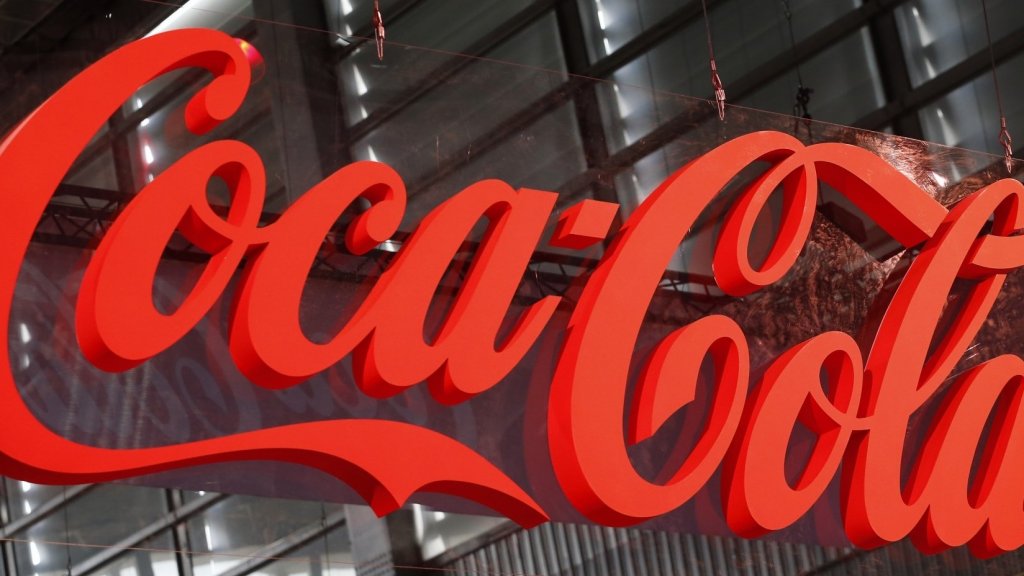Coca Cola Legacy

In 1886, an Atlanta pharmacist called John Pemberton invented a drink that still remains a global acclaimed refreshment: Coca Cola. It would appear that he was only good at creating rather than selling since it was only to be found initially at soda fountain machines in a few Atlanta drug stores. A more business savvy pharmacist called Asa Candler recognized the potential in the soft drink and bought the formula from Pemberton. Like the good businessman that he was, Candler established a sales force and undertook massive advertising. By 1910 Candler had overseen the creation of a franchised bottler universe with 370 bottlers enrolled by that time. By 1916, due to the drink’s great popularity, there were 153 imitation brands. This had led to the formula for the Coca Cola syrup, with a secret ingredient known as Formula 7X, to be stored in a vault at the Trust Company of Georgia.
The hawk eyed management at the Trust Company of Georgia smelt a winner stored deep within the bowels of the building’s vault. In 1919, Ernest Woodruff, the president of the Trust Company of Georgia announced to his board that the company was going to purchase the Coca Cola Company from the Candler family. The Candlers were given $15 million in cash and $10 million in preference stock earning 7% interest per annum. The rest as they say, is history. I pulled this story out of a Harvard Business School case study titled The Board of Directors at Coca Cola Company authored by Lorsch, Khurana and Sanchez. It makes for fascinating reading as it details the metamorphosis of the board from one that was tightly managed by Ernest and his son Robert, to one that is now made up of professionals and accomplished business leaders.
More importantly, the key takeaway for me was the fact that the Candler family moved out of active management of the company as early as 1919 and became monetary beneficiaries through their shareholding. As a founder, you start off your business with vigour, vision and vitality. You create a product or provide a service that your customers love and become accustomed to. You employ staff who deliver the same and, in some instances, do it even better than you. You build an organization that is a contributor to the economy and a cog in the community in which it operates. Then you find that your adult children are not interested in managing the business. You get shocked. You descend into an existential crisis. After all didn’t you work hard to ensure that you provided for your family through the dividends of the business which is an extension of your very person?
You struggle to imagine that your head of operations, who exhibits all the right leadership competencies to manage the business, will manage the business in the event you get knocked over by a bus or succumb to an illness. It should be your daughter or your son at the driver’s helm rather than an employee, you think.
Founder transition needs to be top of mind for any entrepreneur from the first day they start the business. Start by asking yourself if you are building a business that is attractive to external buyers or one that your management team can buy themselves. In a world where human aspirations are dynamically shifting, we have to be alive to the fact that we will be lucky if our children will even be interested in spending a single day in the business that has fed, clothed and educated them for most of their privileged lives. But there is neither a social contract that requires them to take over nor a likelihood that they will be the best managers of that business.
However there is nothing stopping founders from developing a mindset shift about how to reap in absentia from where they have sown. In the Candler family example, the family were bought out of the majority in the business, but remained as shareholders and had a seat on the board of the Coca Cola Company until the mid-eighties when the grandson of Asa Candler was finally elbowed out due to age. The new owners of the business in 1919 had grown the company into the global giant that it currently is and generations of the Candler family would appear to have continued to reap what Asa Candler sowed. That was Asa’s legacy to his family. What will yours be?
Twitter: @carolmusyoka

 carolmusyoka consultancy
carolmusyoka consultancy
 @carolmusyoka
@carolmusyoka